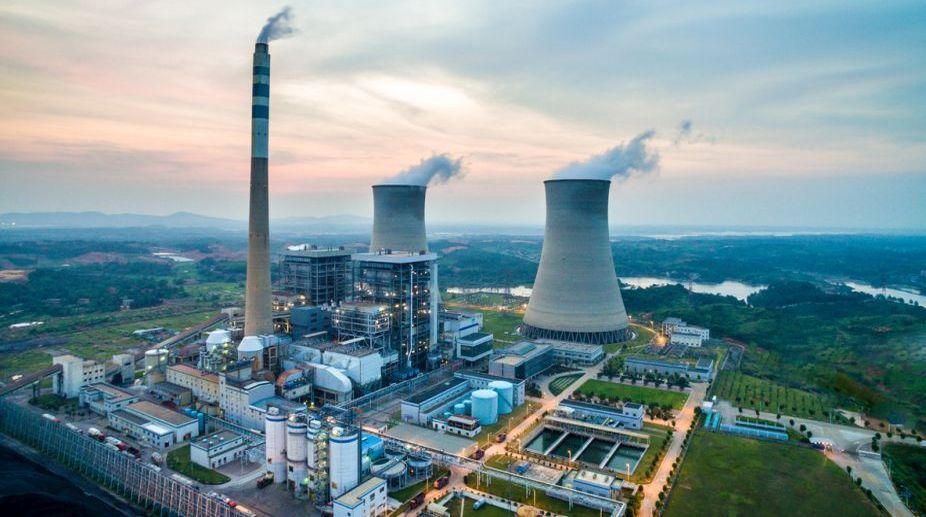Indigenous manufacturing of major components and ensuring a strong participation from the domestic industry are the major challenges before the Indian nuclear power programme now, says former Atomic Energy Commission (AEC) chief MR Srinivasan.
"For a large nuclear power capacity to be built in a country like India, it is very important to have major components made within the country. Otherwise economics will be not so good," Srinivasan told IANS in a wide-ranging interview here on the sidelines of the Atomexpo 2017 organised by Rosatom.
Advertisement
Lamenting that nuclear power formed only three per cent of India's electricity generation, he said: "in our view by 2050 we should have a much larger nuclear component, may be 30 per cent to 40 per cent of the overall electricity capacity," he said, adding, "We think there is a scope for India to substantially increase nuclear power."
Srinivasan said while the country should encourage solar and wind power to the maximum extent, for the base load requirements the way forward was either nuclear or gas. "Base load requirements will be substantial, it will not be less than 50 to 60 per cent. That capacity will have to come from coal, gas or nuclear," he said.
The widely respected atomic energy expert said there was a great scope for a substantial increase in the share of nuclear power in the country's overall electricity capacity and highlighted India's collaborations with the international community, particularly the strong scientific cooperation with Russia, in the field.
"Cooperation among the international community is a good thing…Of course in the context of Russia, our cooperation is very good, it has become strong. We hope the scientific cooperation between India and Russia in the nuclear field will intensify over a period of time," the 87-year-old scientist said.
Having worked in his early years with Homi Jehangir Bhabha, considered the father of India's nuclear programme, Srinivasan said that Bhabha had also stressed on self-reliance.
"He recognised that when we develop it (atomic power) fully we should be largely self-reliant. That means we should create internal capacities in India," said Srinivasan, replying to a poser on Bhaba.
Calling the present NDA government at the centre "supportive" of harnessing India's nuclear power potential, the Bengaluru-based veteran atomic scientist exuded confidence that the authorities would continue to back the programme.
"Our challenges will be to see to it that the Indian industry participation is strong, and they also make necessary investments, training of personnel, so that the economy can move ahead," said the Padma Vibhushan awardee.
Queried on the safety of India's nuclear power plants, Srinivasan said: "They are operating safely, their radiation discharge is far below the authorised limits, personal exposures are very low, and there has been no accident related to release of nuclear material." The fact that they had been operating for very long, he added, was proof that they are safe.
"The debate on safety of nuclear projects is a continuing debate. But I think by and large people in India accept nuclear power, so long as those reactors are operating well, and they see benefits for the economy."
He described the Kudankulam nuclear power plant in Tamil Nadu as one of the safest reactors. "It has got one of the safest designs. We have worked jointly with Russia to make sure it has got what is called a passive heat removal system," Srinivasan said.
"It has got multiple levels of safety and redundancy built into the systems and it has been validated for all the earthquake or tsunami and other circumstances at the site. It is a very safe site; it is a very safe design without a doubt," he said.









